Milk is among the foods that experience the most common food allergies.
If you are a person who has proven lactose intolerance, or you have a problem with some of the proteins in milk, then you are probably wondering how you can replace these products in some recipes for desserts, creams, beverages, and so on.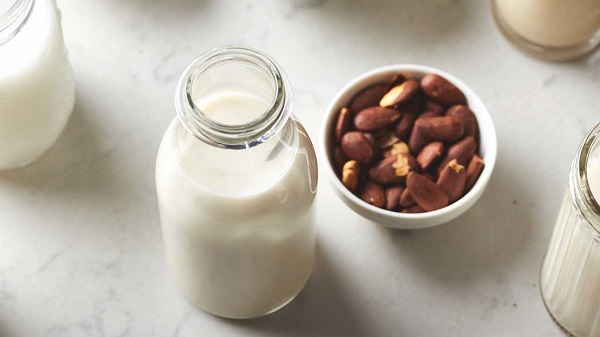
We have looked at substitutes for gluten and eggs, and we will now look at some of the alternatives to cow's milk in more detail.
Do I really have an allergy?
The fact is that there are food allergies and there are people who have a lot of discomfort when consuming food to which they are intolerant, and some conditions are so serious that abstinence is absolutely imperative.
But it is also a fact that nowadays the number of people who suggest unreal problems is increasing.
In fact, milk protein allergy in cow's milk has no more than 5% of children and no more than 1% of adults.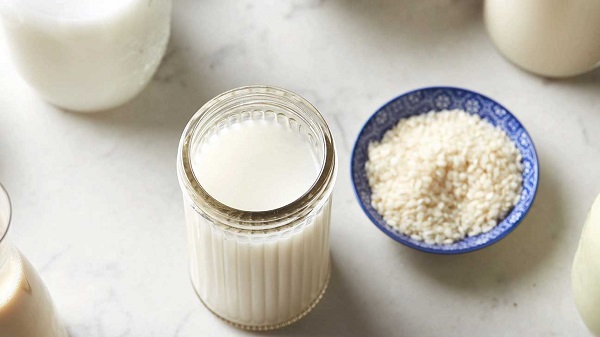
Many people have an unbalanced diet and fall into extremes of a different nature. If you happen to consume milk (or other food that is known to contain allergens), and this coincides with stomach upset, they immediately conclude that they have lactose intolerance. They do not seek the link to the overall diet, nor do other causal factors.
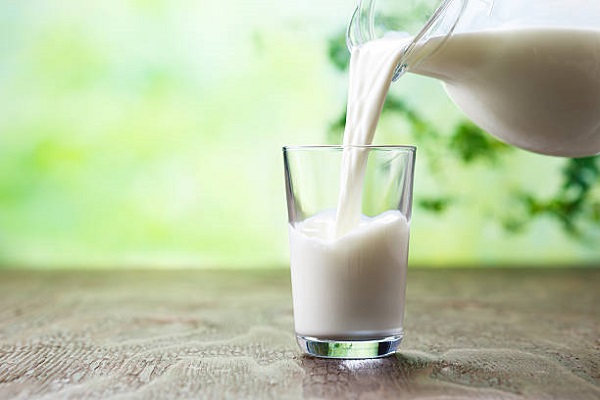
Self-diagnosis and self-immolation of nonexistent problems harm us.
That's why my personal advice is when you have a suspected allergy or food intolerance, contact an allergy doctor and find out by examining whether it really is.
I have an allergy to milk proteins or lactose intolerance! How do I replace cow's milk?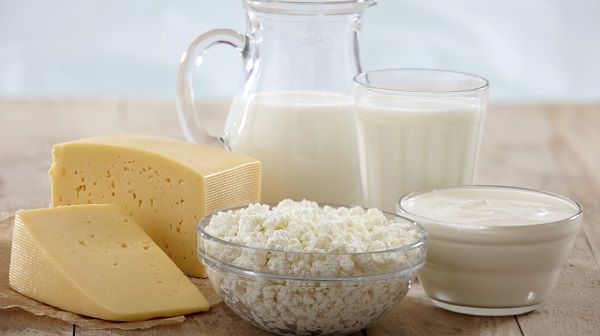
There is nothing fatal and the world will not end if, for health reasons, you have to exclude dairy products (whether it's only fresh milk or the whole range of works).
It is important, however, to obtain the necessary substances contained in the milk through other food products.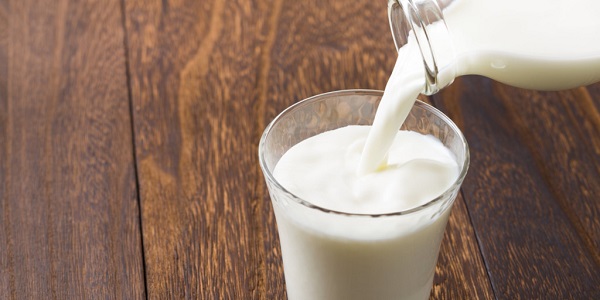
Sources of protein
If you have used dairy products as the main sources of protein in your menu, you should familiarize yourself with other foods to provide you with the valuable ingredients..jpg)
Sources of calcium
In 100 g of fresh milk there are 115-120 mg of calcium and its content in 100 g of yogurt varies between 120-200 mg.
But this mineral is not only found in dairy products. Here are some foods * and their calcium content in 100 g of product:
Sources of Vitamin D
Dairy products are known as a source of vitamin D or the "sun" vitamin, which is among the most deficient micronutrients in today's diet.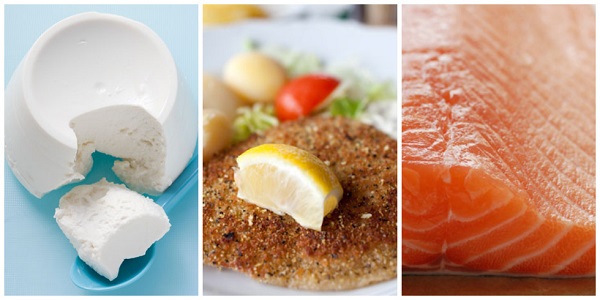
Therefore, if your lifestyle predisposes to vitamin deficiency (due to a sunless working environment or food shortage), it is a good option to consider taking it in the form of D-3 or cholecalciferol, and this is done together with food rich in fat (in the context of this article and milk allergy, possible options for such foods are avocado, coconut oil, olive oil).
The plant source is vitamin D-2, but it has a lower bioactivity than D-3.
Milk in different recipes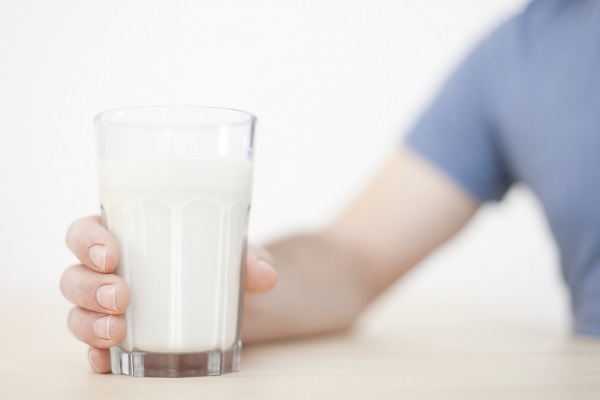
If you've used dairy products (and especially fresh milk) as an add-on to some recipes (baked goods, shakes, cream), the joyful news is that there are already enough varieties of imitation milk in the store, which will do your job.
Milk is a fat emulsion in a liquid that contains proteins and sugars (lactose), and imitation milk is trying to mimic this system.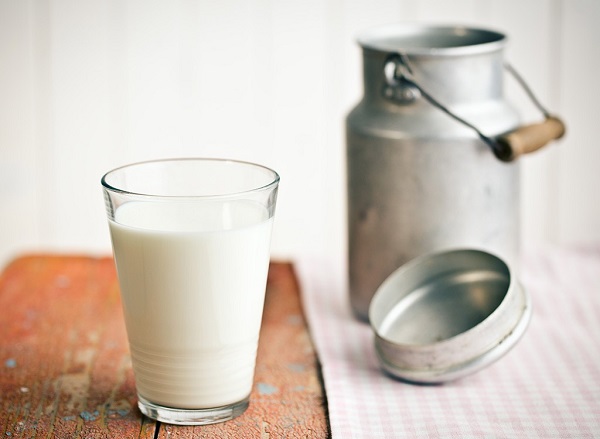
There is another good news - at home, you can easily make some alternatives to milk..








Deja tu consulta/Leave your query Cancel Reply